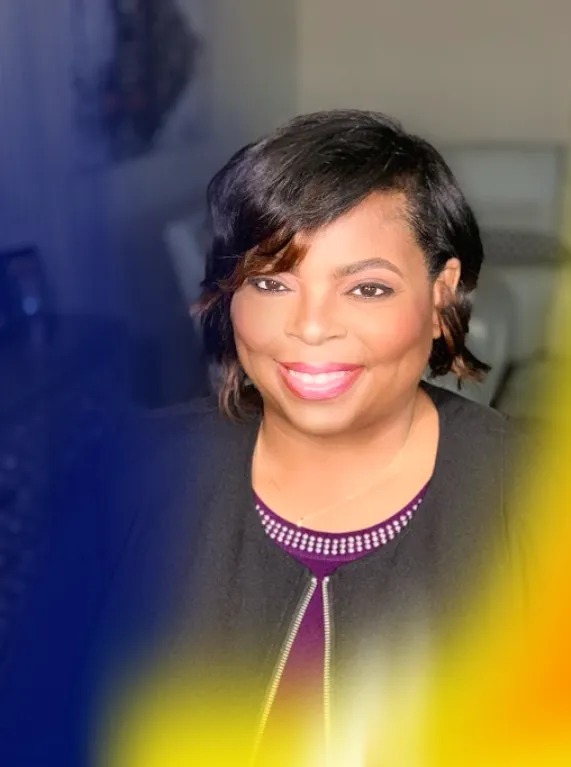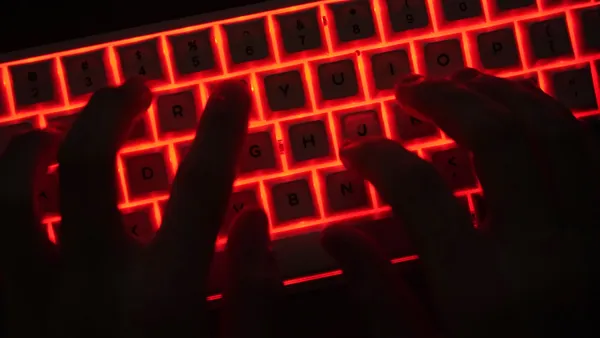It’s not easy being the first at anything, especially in creating an entirely new equity, diversity and inclusion role — at the C-suite level.
But that’s exactly what Audra Jenkins did. In 2017, she was the first person to take on the role of chief diversity and inclusion officer for North America at Randstad, a multinational human resources consulting firm. Not only that, but she was among the first CDIOs in the staffing field.
In September 2022, she moved into a new position as Randstad’s global chief equity officer. We asked her why she chose to work in HR, what it was like to shape a new role, what she hopes to accomplish in her new position and the importance of DEI work today.
This interview has been edited for length and clarity.
What lead you to a career in HR?

AUDRA JENKINS: I’ve been this underdog my entire life. I didn’t like the way that felt. I wanted to be in a role where I could create spaces for people so they could be seen valued and heard. That’s my passion for this work and for ED&I [equity, diversity and inclusion].
And what brought you to Randstad specifically?
I was referred by a colleague. I had just had my twin infants and was looking to scale back my business travel. It was a great opportunity to work for a specific client and local account. So I joined Randstad and advanced over the years into CDIO and then global chief equity officer.
In your position as CDIO, what did you do?
My biggest role was building up the ED&I capabilities for us internally, but also externally for clients. It was a dual role to create a department and bring some standardization and guidance and governance. It was to shape a culture of inclusion, where people can bring their authentic selves and opportunities to feel like their voice matters. That’s what ED&I is all about. It helps people realize their potential, but also that they also have a place in the organization where they belong.
Were you Randstad’s first CDIO?
I was first CDIO for any major staffing firm in the world. I feel like we’re trail blazers in that space, in bringing this industry of human capital to the forefront of what clients are doing for prioritizing DEI. I had to build this from the ground up, and I didn’t have a peer in the industry who understood. There’s a lot of client services delivery work that you would not see in a typical CDIO role.
What advice would you give to someone who also wants to pioneer a CDIO role in their field or at their company?
The first thing is you have to look at it as a partnership of HR and business leaders and the organization. We have to really focus in on how do we solve the needs of the business in order be seen as something other than HR. Action has to be embedded and integrated into your business to solve problems and show DEI can impact business. Our team has done a good job at that, and building up that model in North America, and I’m really excited in how we’re able to grow that out at a global scale.
Why is DEI work critical today?
Right now, it’s a storm. We’ve got COVID-19 and long COVID — people are still getting sick. There’s macroeconomic conditions, where everybody’s worried about recession; plus social justice and human rights issues.
Any time that you are silencing someone, or creating an opportunity for someone to be categorized as “other” or outside of mainstream, that’s a very dangerous time. You can’t rewrite history, and you can’t rewrite an experience of a person. That’s why DEI is important. It’s about education and awareness, not about creating divisiveness.
Divisiveness is silencing a whole generation of people. History has shown us that doesn’t work very well. There’s only so much that people will tolerate. Anytime anyone feels they’re not accepted or they’ve been wronged, it’s very difficult for you to be your true self in the workplace and be yourself at the same.












